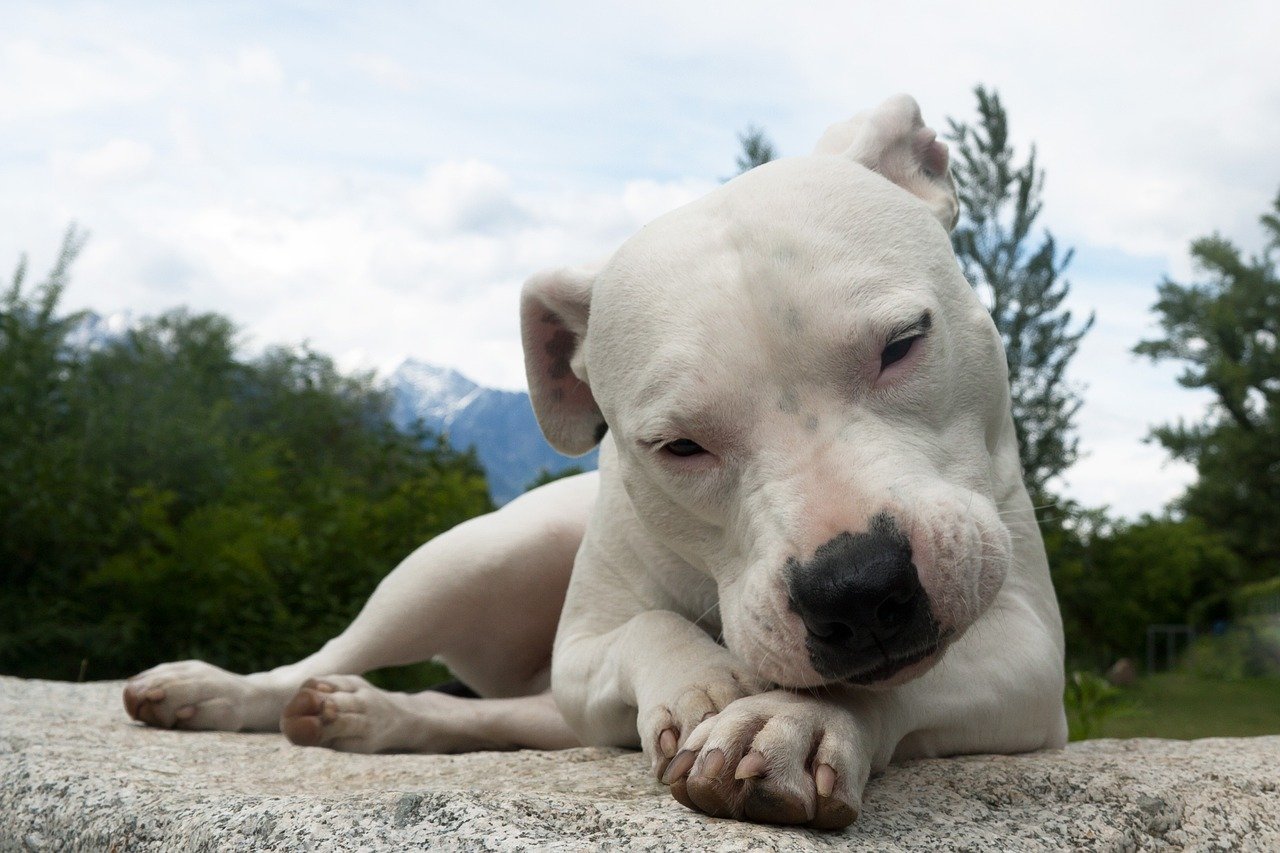Ever met a dog that seemed like a lovable fluffball until, out of nowhere, it snapped at someone or acted possessive? It’s not just about training—some breeds just have personalities that don’t always jive with the hustle, bustle, and unpredictability of family life. If you’re a solo dog lover or know someone considering a canine companion, it pays to know which breeds might love a one-on-one lifestyle. Let’s dive into eight breeds that often do better with a single, dedicated owner—and why.
American Akita: Fiercely Loyal, Sometimes Too Much

The American Akita is a stunning, powerful dog with a heart full of loyalty. But their protective nature can tip into suspicion around strangers and even children, especially if they’re not socialized early and consistently. They’re often wary of new faces and can become overprotective of their favorite person, making playdates or busy households tricky.
Akitas have a strong sense of territory, which means sudden movements or loud noises might trigger a defensive reaction. Body stiffness, raised hackles, or a hard stare are signs they’re uncomfortable. They need someone who can read those signals and respect their boundaries—a job that’s much easier for a solo owner.
Cane Corso: The Gentle Giant With a Serious Streak

Cane Corsos are known for their loyalty and intelligence, but they can also be intense and dominant. While these dogs can be big softies with their chosen people, they don’t always have the patience for kids’ unpredictable antics or visitors popping in unannounced. Their sheer size adds to the challenge.
They need structure, boundaries, and clear leadership to thrive. Without it, they might try to take charge—sometimes in ways that aren’t safe for families. Watch for low growls, tense posture, or refusing to obey commands. A single, experienced owner can provide the steadiness and consistency these dogs crave.
Chow Chow: The Aloof Aristocrat
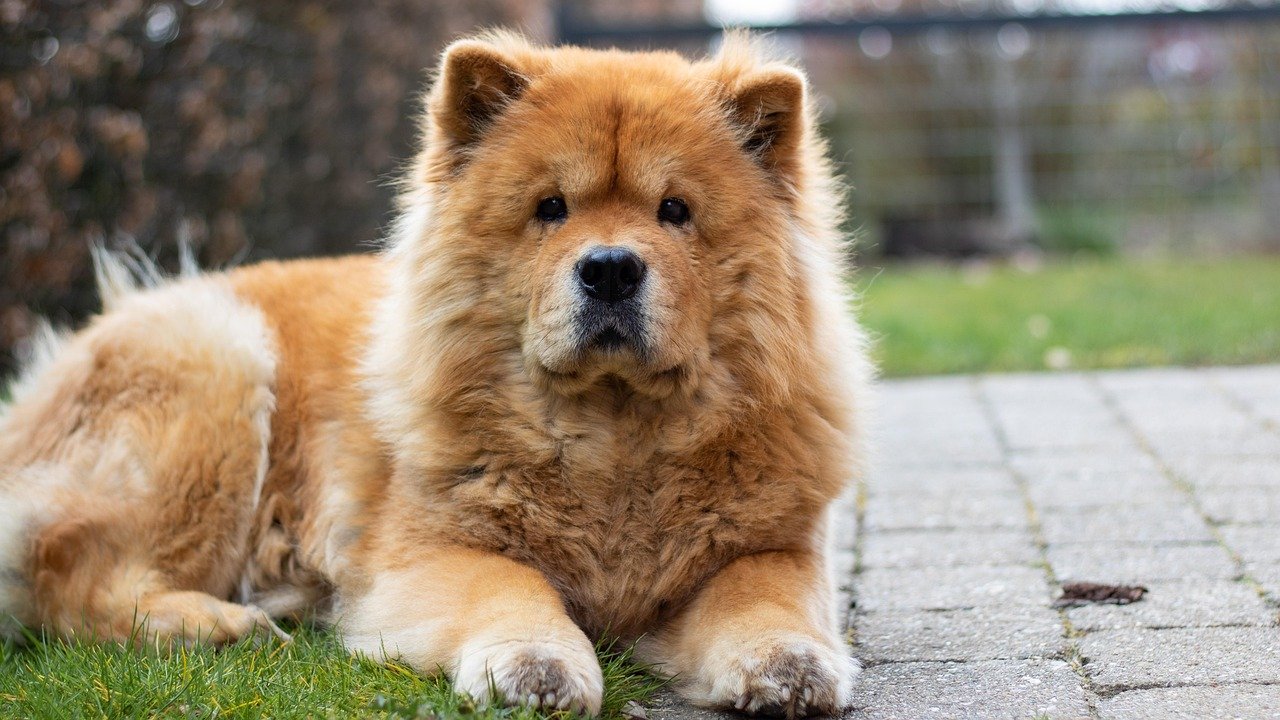
Chow Chows are famous for their lion-like manes and regal attitude. But beneath that fluffy exterior is a dog that can be downright stubborn and territorial. They tend to bond deeply with one person and may be indifferent or even snappy with others, especially if startled or interrupted.
Families with lots of visitors or kids running around may find the Chow’s grumpiness a challenge. If you see a Chow stiffening, turning away, or curling its lips, it’s best to give them space. Solo owners who respect their independence and can spot these warning signs usually have the best luck.
Belgian Malinois: Too Much Drive for a Busy Home
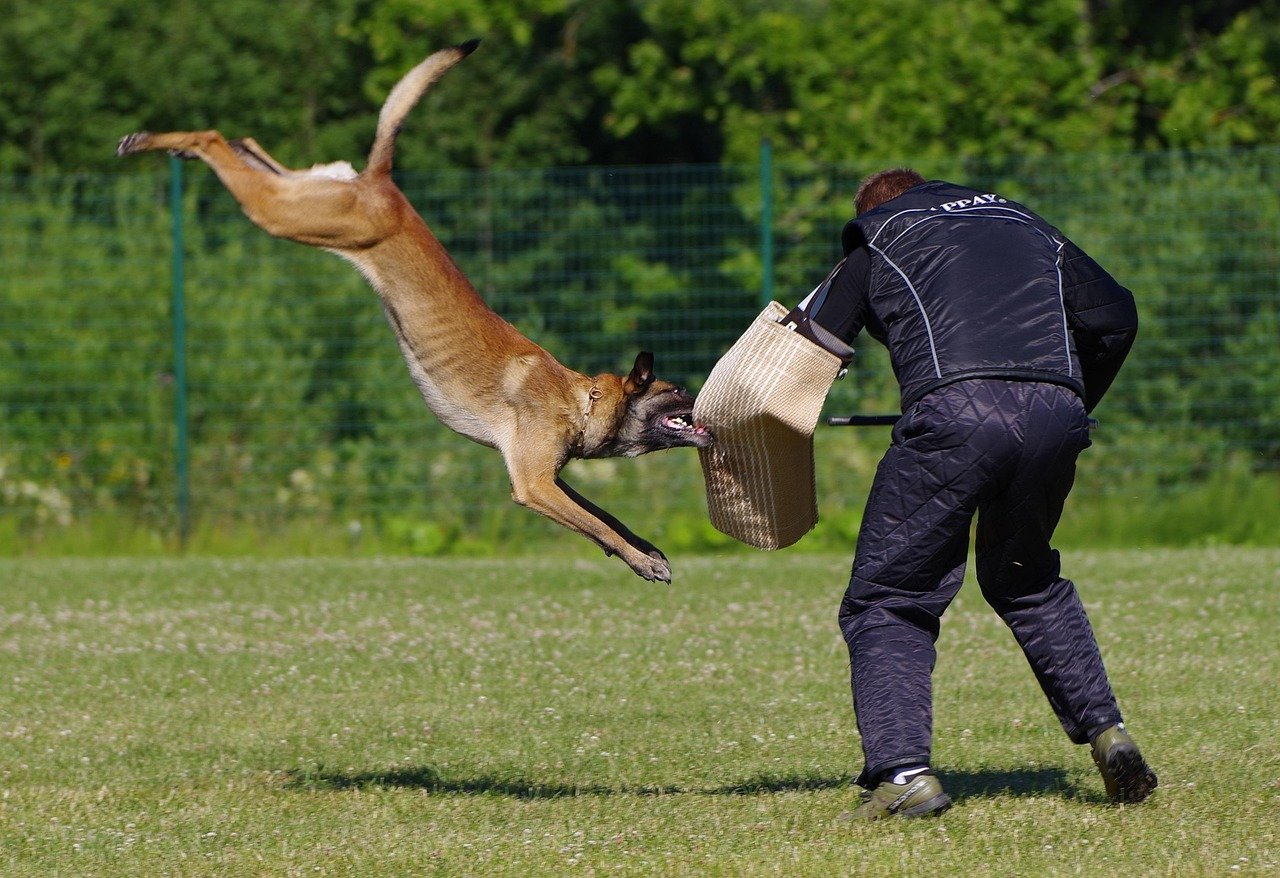
Belgian Malinois are like athletes always itching for their next challenge. Their energy and sharp minds make them incredible working dogs, but also mean they get bored—fast. In a family, that pent-up drive can turn into destructive behavior or even nipping and herding kids.
Malinois need loads of mental and physical stimulation, plus clear, consistent rules. If ignored, you might see frantic pacing, barking, or obsessive chasing. They thrive with a dedicated owner who can give them a job and keep up with their endless need for action.
Jack Russell Terrier: Small Dog, Big Attitude
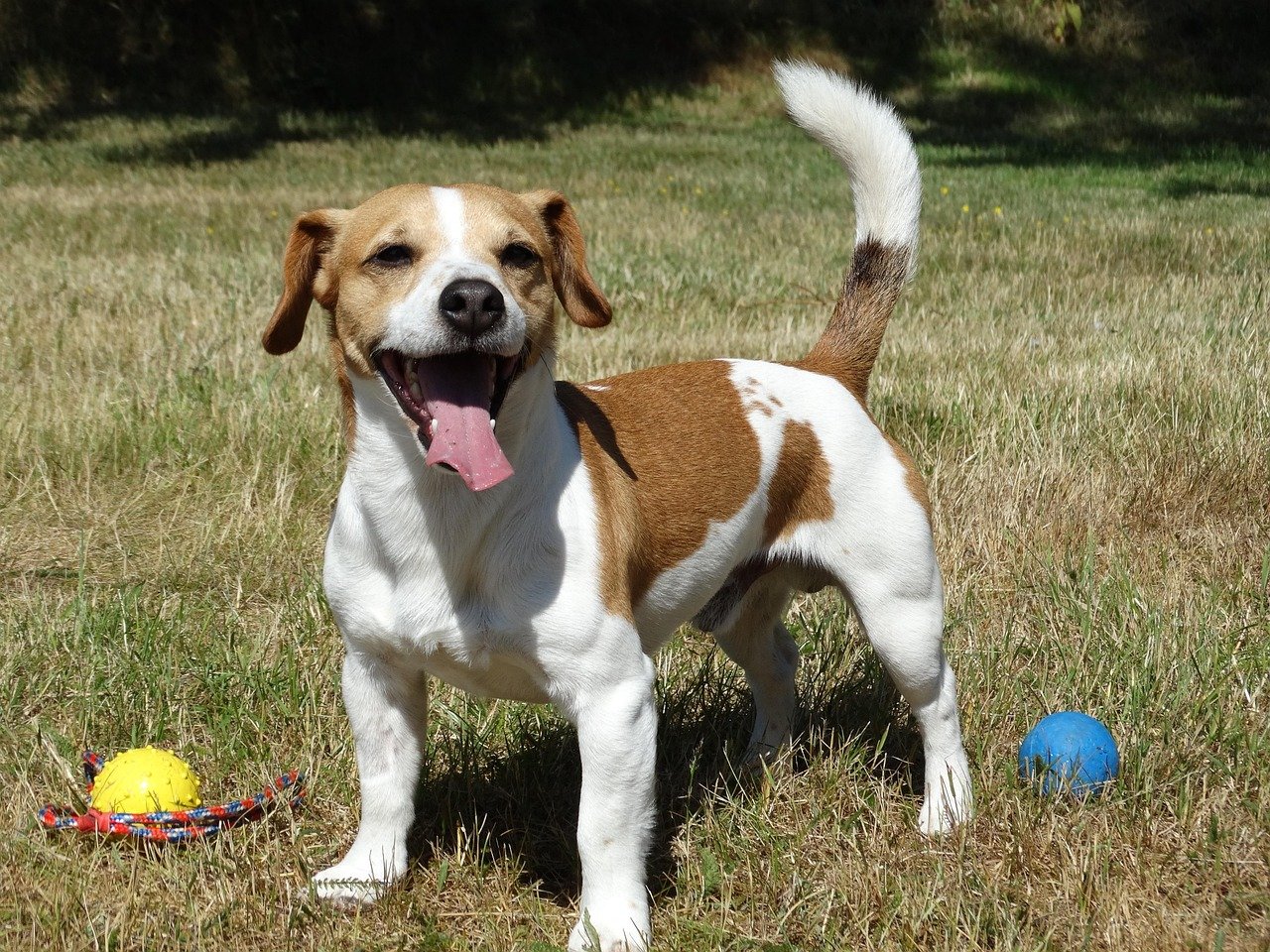
Don’t let their size fool you—Jack Russells are little dynamos with huge personalities. Bred to hunt, they’re tenacious, smart, and sometimes too bold for their own good. In busy homes, they can become possessive of toys or food, and may snap if startled or annoyed.
These terriers need lots of attention and aren’t always patient with kids pulling tails or grabbing ears. Look for signs like growling, guarding toys, or sudden lunges. A solo owner who can keep them busy and respect their boundaries will enjoy their spunky spirit best.
Alaskan Malamute: The Strong-Willed Sledder
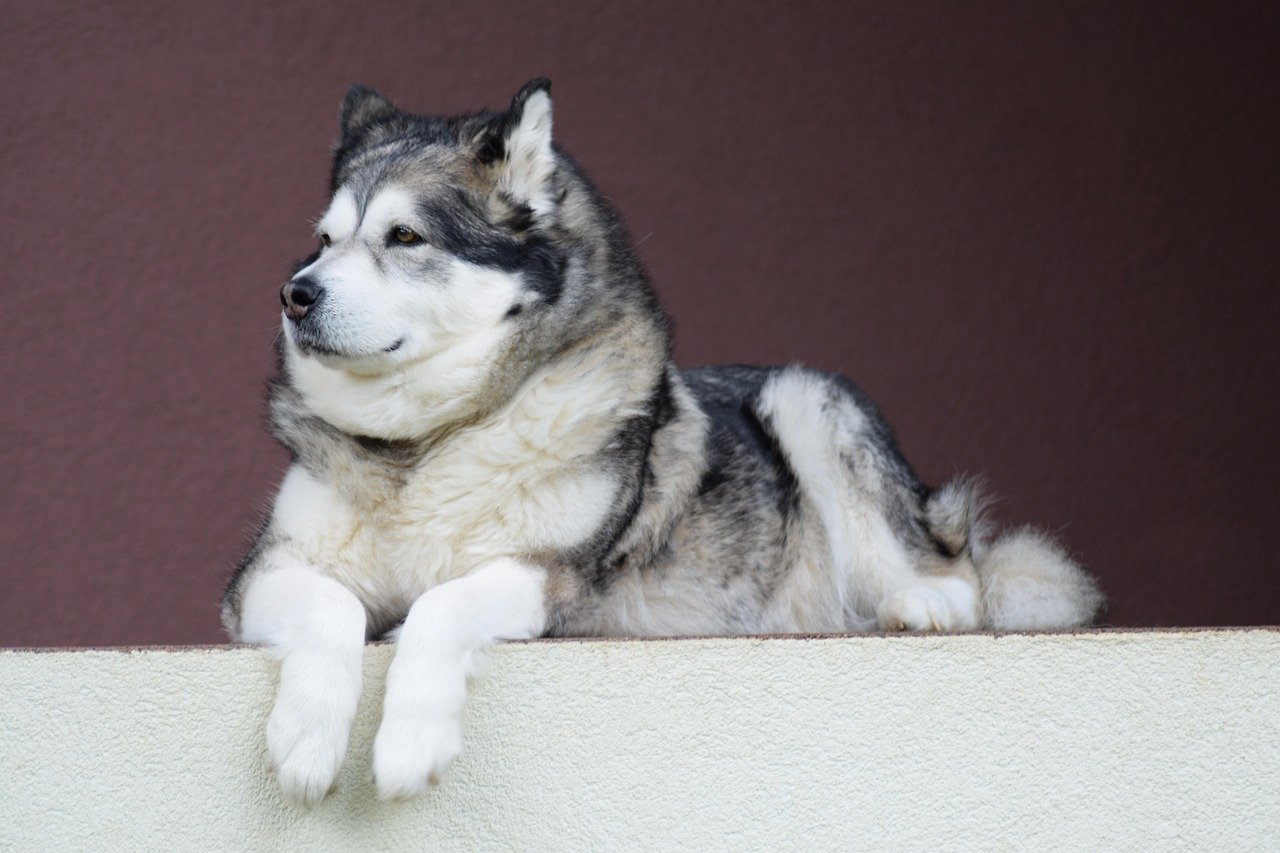
Alaskan Malamutes are gorgeous and incredibly strong, but their independent streak can be a handful. They’re pack-oriented, but not always tolerant of chaos or roughhousing from kids. With a family, they might compete for attention or resources, leading to grumbling or pushy behavior.
Watch for signs like ignoring commands, guarding spots, or trying to control playtime. Malamutes do best with an owner who can provide lots of exercise, structure, and gentle but firm guidance—something that’s tough to juggle with a full house.
Dogo Argentino: A Powerful Protector
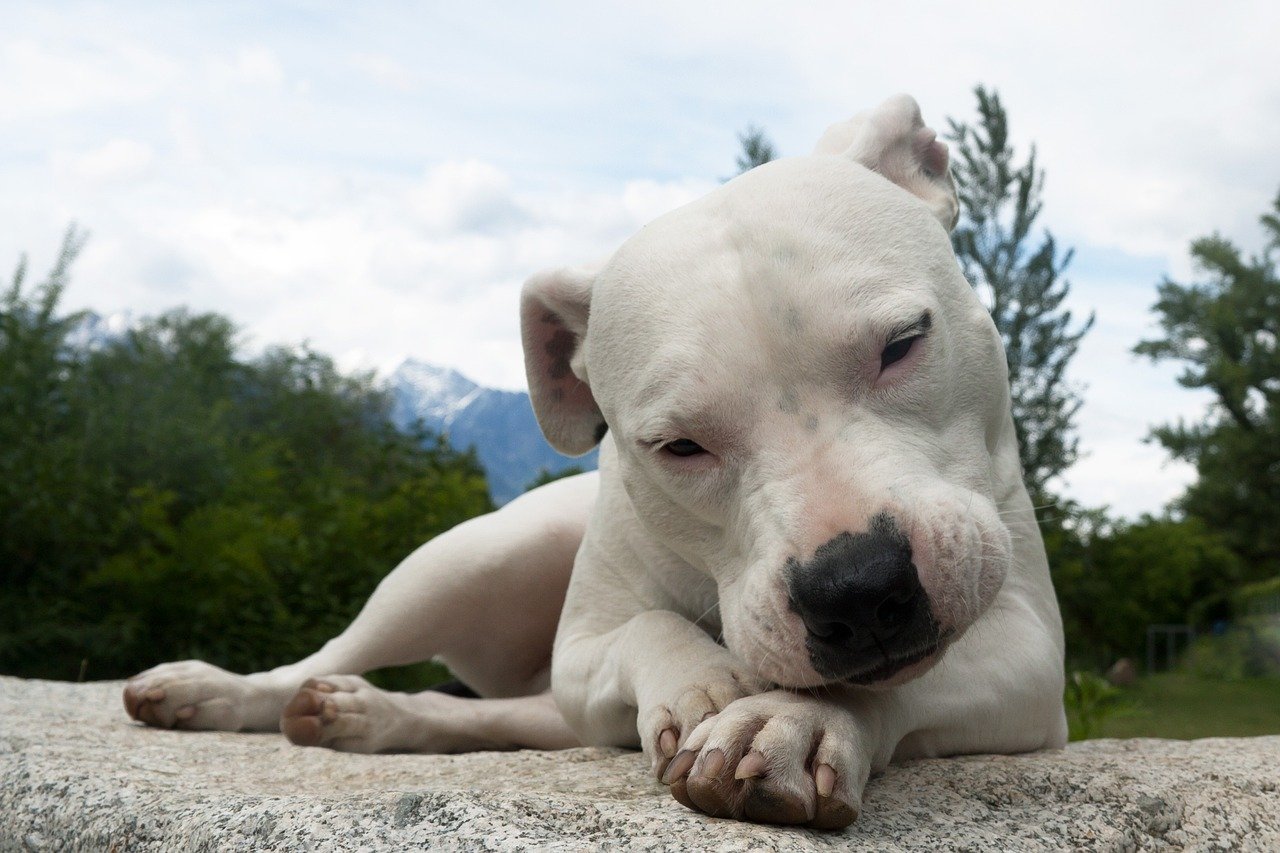
The Dogo Argentino was bred for big game hunting, which means they’re brave, focused, and can be very stubborn. While loving with their person, they can be wary of strangers and sometimes intolerant of other pets or children’s unpredictable actions.
If not given clear direction and socialization, they might show warning signs like staring, growling, or body blocking. They’re happiest with a solo owner who can channel their energy into positive outlets and set clear, firm rules from the start.
Presa Canario: Confident, But Not Always Kid-Friendly
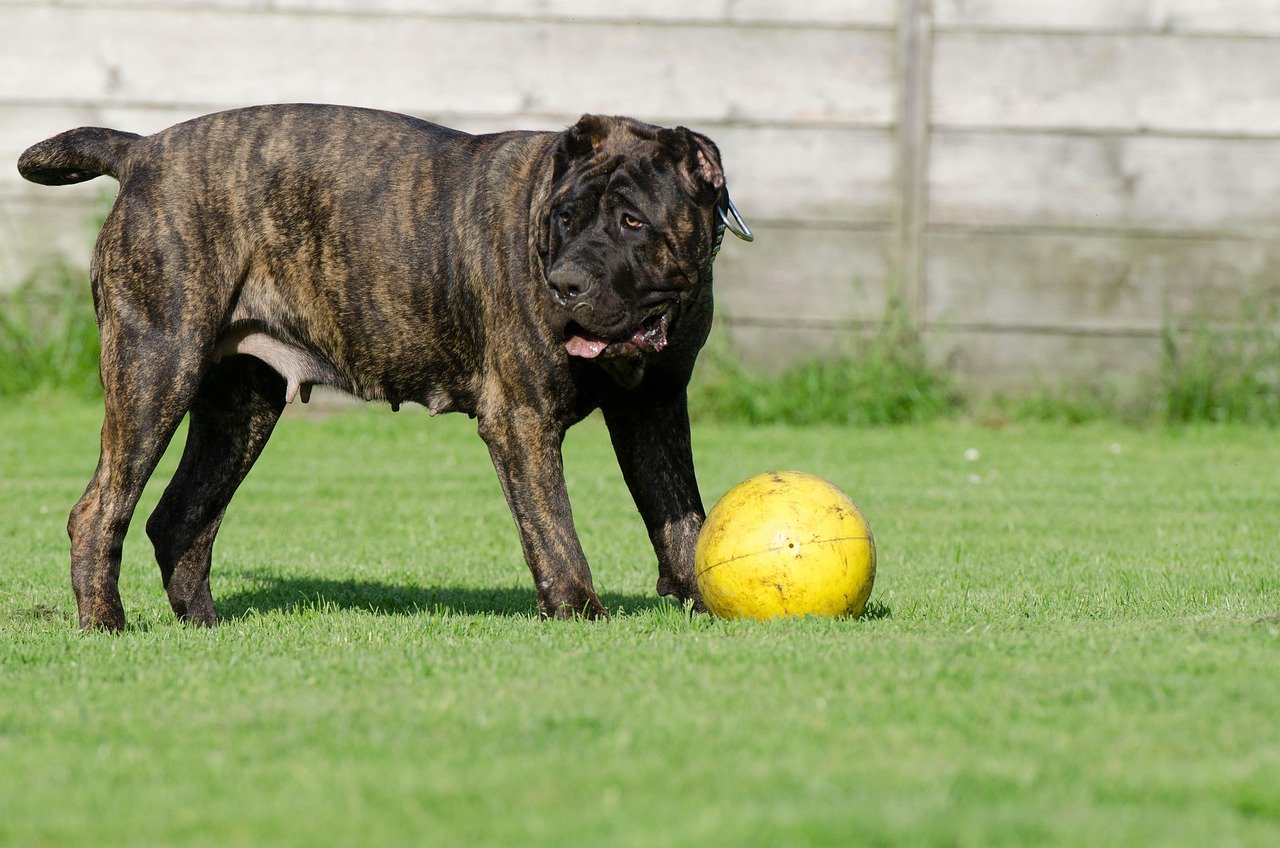
The Presa Canario is a massive, confident breed with a natural guarding instinct. They can be calm and affectionate with someone they trust, but their strong will can clash with the noise and unpredictability of family life. They need a steady hand and early, ongoing socialization.
Signs of discomfort include lip licking, stiff posture, or hovering near their person. A solo owner who understands assertive breeds and can provide leadership is the best match for a Presa Canario—families may find their strength and intensity overwhelming.
These breeds, with the right person, can be deeply rewarding companions. But their personalities and needs mean they’re often happiest—and safest—in a calm, single-owner home.

